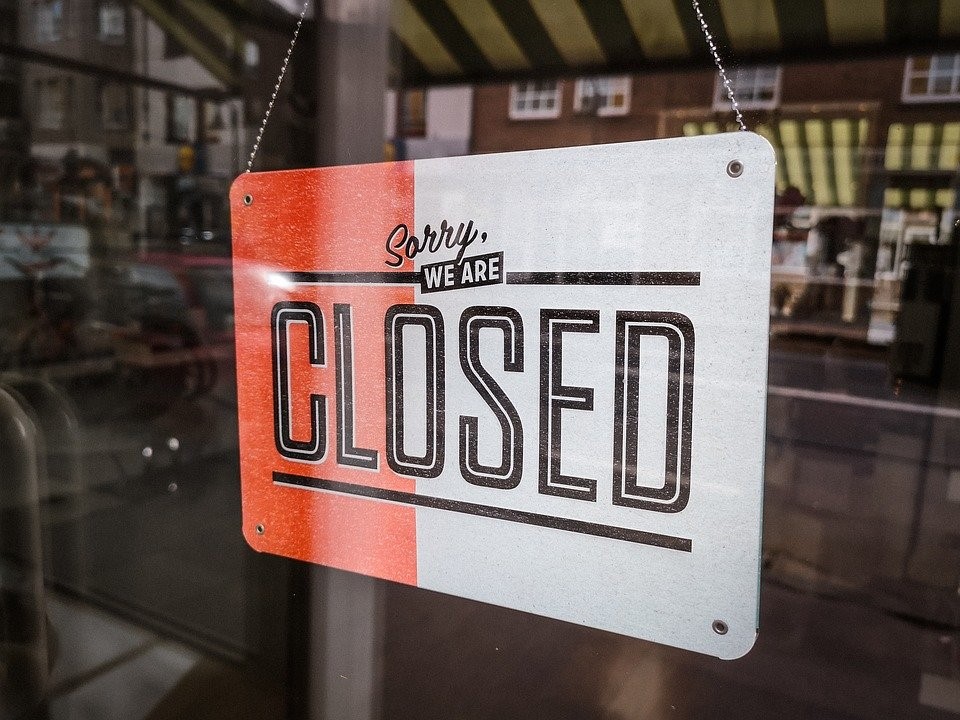How is the private sector dealing with coronavirus?

A Forbes review found that almost 200 hundred conference transcripts from the last couple of weeks mention the word coronavirus or outbreak. That means corporate leaders are worried about the virus that originated in China at the end of 2019 and the effect it may have on the private sector and financial markets around the world.
Here we’ll tell what has been the impact of coronavirus over financial markets and businesses, especially small businesses.
The reactions
One of the first companies to react to the Coronavirus outbreak was Starbucks, which temporarily closed many of its Chinese stores. But that’s far from being the only reaction from the private sector.
As the largest percentage of cases are located in China, corporations are putting staff safety in the country, as their top priority. For example, Signify NV (formerly known as Phillips) said they were reaching all of their people daily, and all of them are receiving protecting equipment such as masks and soap and gel for their hands and their families. Mastercard even took an extra step and had been extending 2-week periods for their employees to work from home.
Others, such as General Electric, have made direct donations to authorities. The company donated patient monitors and ultrasound equipment to Wuhan hospitals. Becton Dickinson, a medical supplies company, is providing the Chinese government with BD MAX, an instrument that’s helping medical professionals to make swifter.
How is it affecting the markets?
There’s been some panic in financial markets because of coronavirus. The London FTSE fell 3 % this week, and Dow Jones, Nasdaq, and S&P saw similar declines. The virus has reached almost all European countries, especially Italy, and has spread through Latin America. The fall is due to panic, and the reduction of industrial and commercial activity because of the virus. Consider that the most-affected country has the biggest economy in the world, where many of the biggest companies produce their products, and you’ll understand the markets’ reaction.
For example, 3M already said they are pessimistic about their first-quarter stats because their build rates are down mid-single digits. Tesla didn’t mention any forecasts for the first quarter but also warned that coronavirus might have a mild impact on their profitability because the Model 3 is built in Shanghai and the government shut down the factory temporarily.
What about small businesses?
The impact in the US is still small. However, if the coronavirus leads workers to take days off, customers to avoid leaving home, and authorities to order quarantines or cancel public events, it can be catastrophic for small businesses running on tight budgets.
In fact, it’s already happening in the few areas that have reported coronavirus cases. Businesses in Lake Oswego, OR, where an elementary school employee tested positive a few days ago, have slowed sales down, which has owners and employees quite worried.
If the situation persists, it means businesses may eventually close and that people will lose their jobs. Italy, which is, by far, the western country with the most cases, has already approved tax cuts and credits for affected companies. A similar package will be voted in the US Congress this week to expand a small business loan program for those affected by coronavirus.
Thankfully, the infection rate is slowing down in China, and the virus is way less mortal than initially thought. That means that the most likely scenario is that things will go back to normal after a shaky first quarter of the year.